Policeman of the World! The US Should NOT Be Doing This!
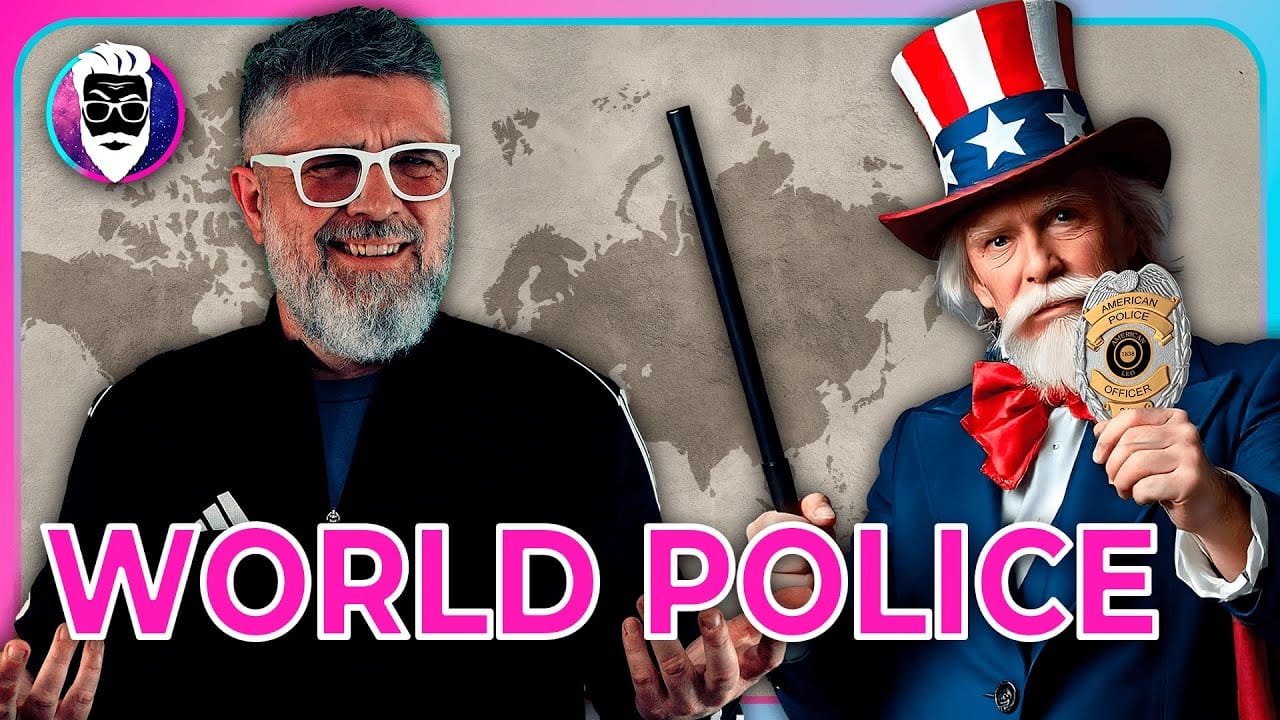
The US Should NOT Be Doing This!
Imagine this: You're relaxing at home, enjoying dinner with your family. The evening is calm, but in the blink of an eye, an explosion shatters that peace. In an instant, your loved ones are gone. They weren't soldiers. They weren't fighting a war. They were just there. Sounds like a nightmare, right? Yet, for countless families around the globe, this is the harsh reality they contend with every day—an unseen cost of America's decision to act as the global police force.
The Weight of America's Global Role
Since World War II, the United States has taken on the role of global enforcer. Estimates suggest that these roles in wars, conflicts, and interventions have cost millions of lives. And these numbers aren't just statistics. They are fathers, mothers, sons, daughters—individual lives cut tragically short.
The Birth of an Enforcer
To understand how we've arrived at this point, we need to journey back to 1945. After World War II, the United States stood as the world's most powerful nation. Europe was in ruins, the Soviet Union was on the rise, and America took on the mantle of protector. We helped rebuild ravaged nations, formed strategic alliances, and erected military bases worldwide to prevent another global conflict. This mission was initially framed as a path to global peace and stability. At first, it made perfect sense. Our bases in Germany, Japan, and many other countries served as a means to deter future aggression.
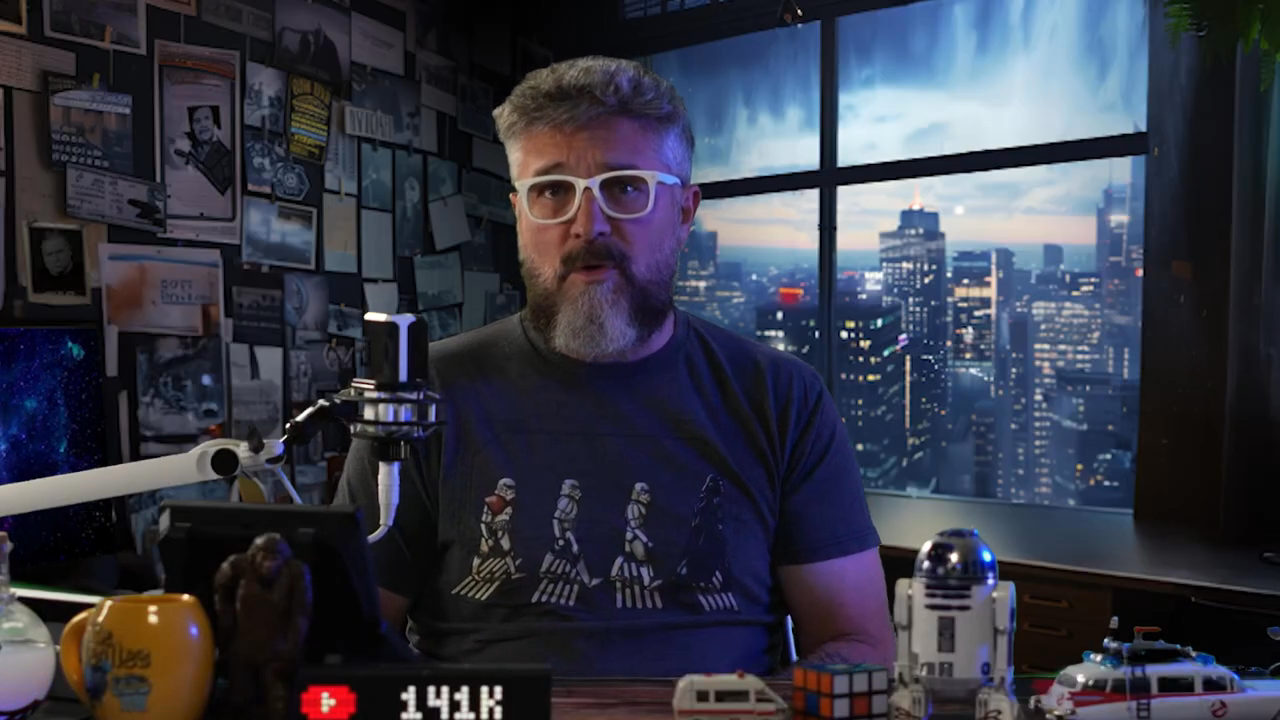
Evolution of a Mission
But as the years rolled on, this mission evolved. What started as a strategy for stability morphed into a broader mission—a campaign to influence and control outcomes across the globe. Today, the United States hosts nearly 750 military bases in over 70 countries. Let that sink in for a moment. No other nation in history has constructed such an extensive network of power. These bases enable America to respond instantly to perceived threats. Yet, they also enmesh us in conflicts that have little to do with our national security. With every new base and every new intervention, we delve deeper into other nations' internal affairs, embroiling ourselves in their struggles. Each step risks more lives and creates more adversaries.
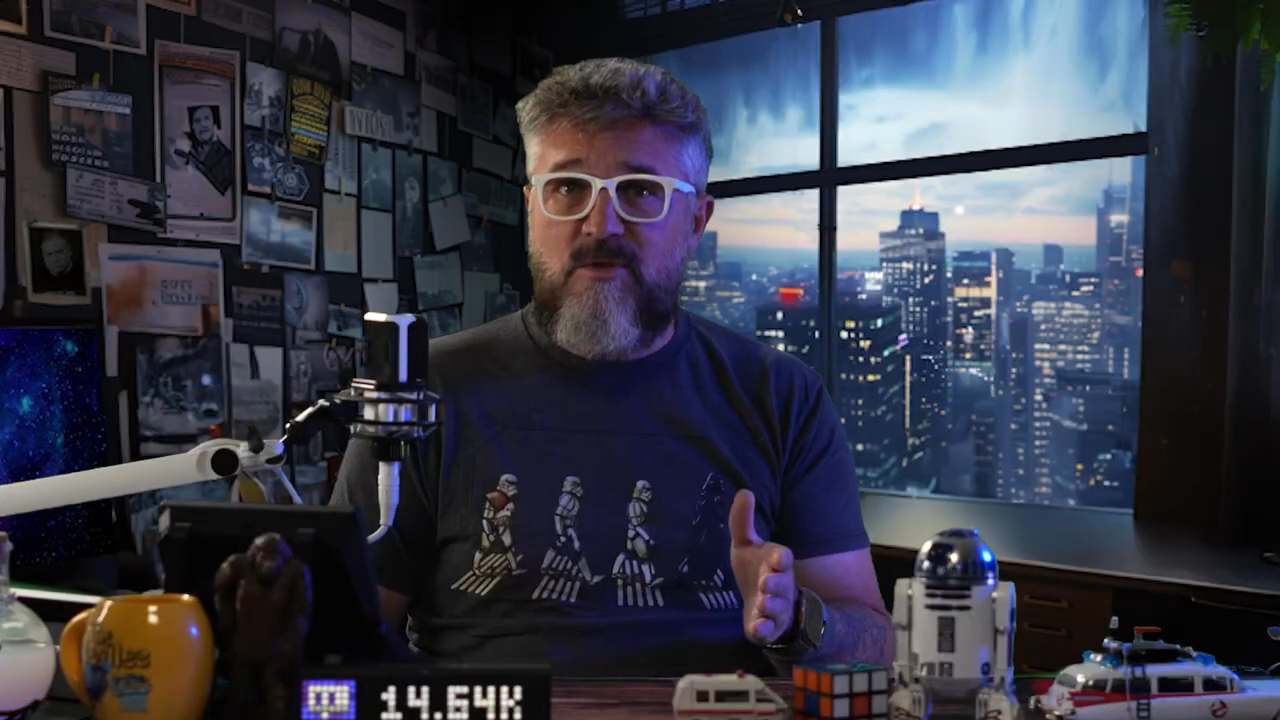
The Genesis of Modern Foreign Policy Missteps
To truly grasp the roots of these challenges, we must revisit 1953, a year that often goes unnoticed in mainstream discussions. This was a time when America cast its eye on Iran—a place that doesn't frequently occupy the thoughts of most Americans.
Iran's Pivotal Moment
In 1951, Iran's Prime Minister, Mohammad Mossadegh, made a daring move. He nationalized Iran's oil industry, which had long been under British control through the Anglo-Iranian Oil Company, today known as BP. Mossadegh wanted his nation to have control over its own resources. Yet, this decision angered the British and worried the United States. Amid the Cold War's peak, American leaders feared that Iran's bold changes might align it with the Soviet Union.
Operation Ajax: A Covert Operation
In 1953, the CIA initiated Operation Ajax—a secret mission to overthrow Mossadegh's democratically elected government. US and British intelligence agencies orchestrated protests, circulated propaganda, and bribed officials, ultimately replacing Mossadegh with a pro-Western leader, the Shah of Iran.
"The coup was a success for the US and Britain. In the short term, control of oil was returned to Western companies, and Iran became a firm ally of the West."
Yet, the Iranian populace never forgot. Under the Shah's rule, dissent was crushed, opposition silenced—all backed by American dollars and military might. This intervention marked the first major US regime change operation, sowing deep resentment in the Middle East. It set a dangerous precedent, one that the US would replicate in other nations.
The Cost of Intervention
Since World War II, millions of lives have been sacrificed in wars, conflicts, and interventions led or influenced by the US. In Vietnam, over two million Vietnamese civilians perished. In Iraq, countless hundreds of thousands of civilians have died following invasion and persistence of conflict. Meanwhile, Afghanistan's communities have endured decades of war-driven trauma, affecting generations.
These figures aren't mere numbers. Behind each statistic lies a story—a lost father, a taken mother, a child who will grow up in peace's absence. These people played no role in the conflicts that claimed their lives; they were non-combatants, caught in the crossfires of foreign powers' strategies over which they had no control.
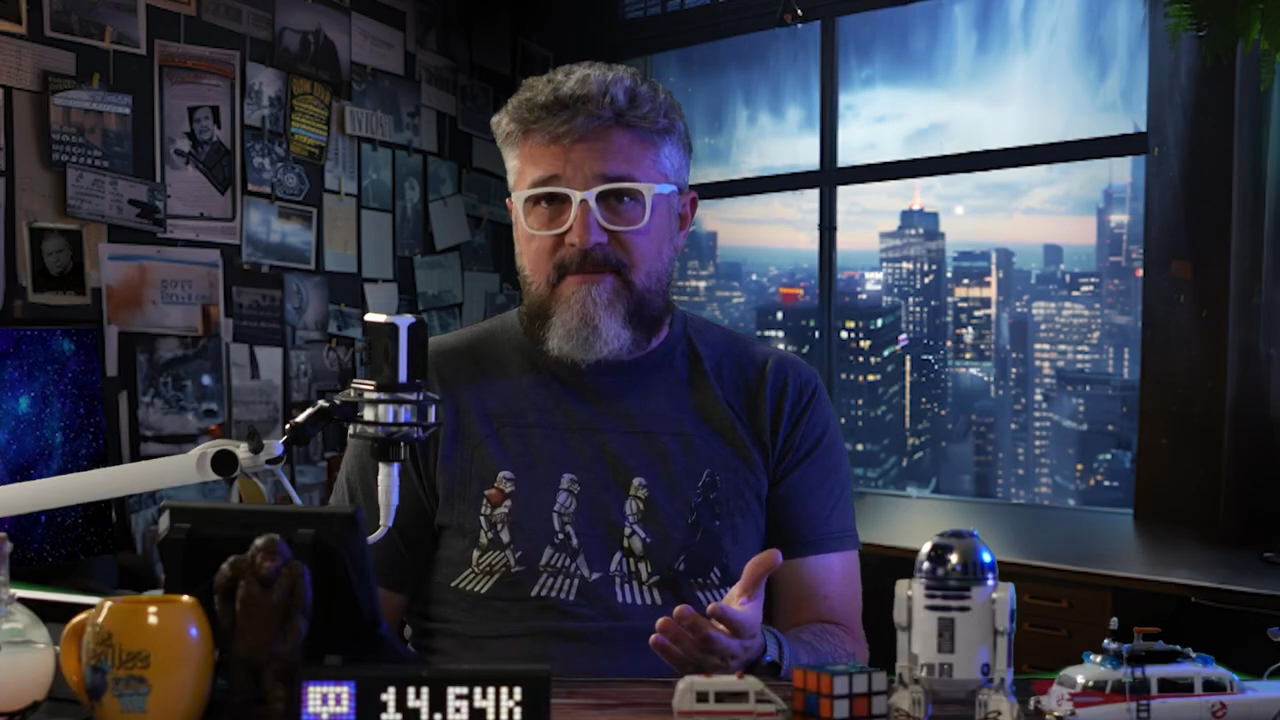
Reflecting on Global Realities
Imagine if this occurred here—if foreign bombs rained down on American neighborhoods, tearing families apart due to decisions made in distant lands. These are the hard-hitting questions we must ask when considering America's global policing role.
The Pattern of Intervention and its Repercussions
Every time the US intervenes, installs, or supports governments abroad, the ramifications extend beyond mere regime change. Interventions breed long-term instability, enemies, and lingering resentment. The Iranian coup in 1953 illustrates this vividly. The underlying resentment sowed the seeds for the Iranian Revolution in 1979, which overthrew the Shah and birthed the Islamic Republic. To this day, US-Iran relations remain hostile, largely stemming from that fateful decision to interfere with Iran's sovereignty fifty-eight years ago.
A Repetitive Cycle of Chaos
This cycle isn't isolated to Iran. Similar scenarios have unfolded in Vietnam, Iraq, and Libya. Whenever the US steps in, topples a leader, and attempts to reshape a nation in its image, chaos typically ensues—and the human cost is staggering. It's a pattern that continues unabated, but one that doesn't have to persist.
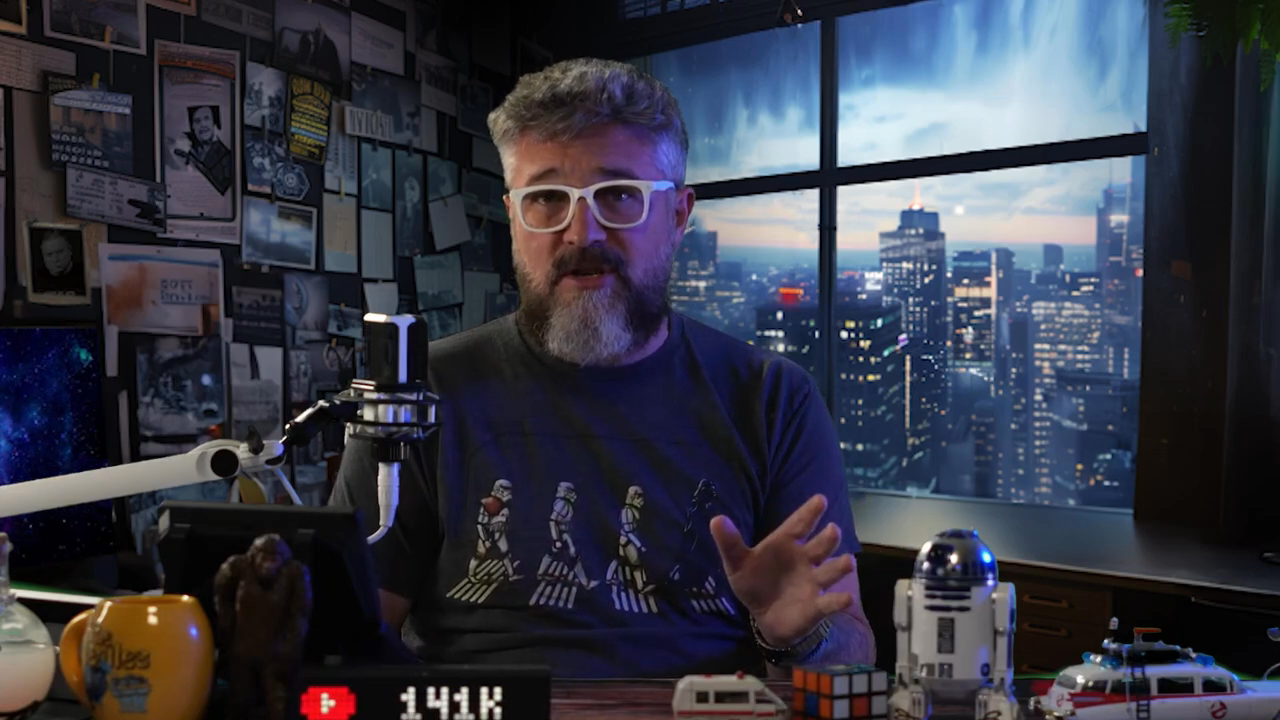
Finding a New Path Forward
While the current destiny of global policing seems carved in stone, there are real, practical solutions that can help America escape this cycle. It's time to rethink our approach, focus on diplomacy, and understand the profound implications of our actions abroad. Only by doing so can we forge a path that prioritizes peace, respects sovereignty, and values human life above all else.
By acknowledging the past, learning from our missteps, and committing to change, we can alter the course of history, ensuring a better, safer world for future generations. America doesn't have to shoulder the burden of global policing alone. It's time to seek collaborative solutions that respect the autonomy of nations and prioritize genuine global peace.
In conclusion, as the US re-evaluates its approach to international relations, we must ask ourselves: Is the cost worth it? Are we prepared to continue this path? Or will we find the courage to chart a new course, one that honors lives and fosters global harmony?
